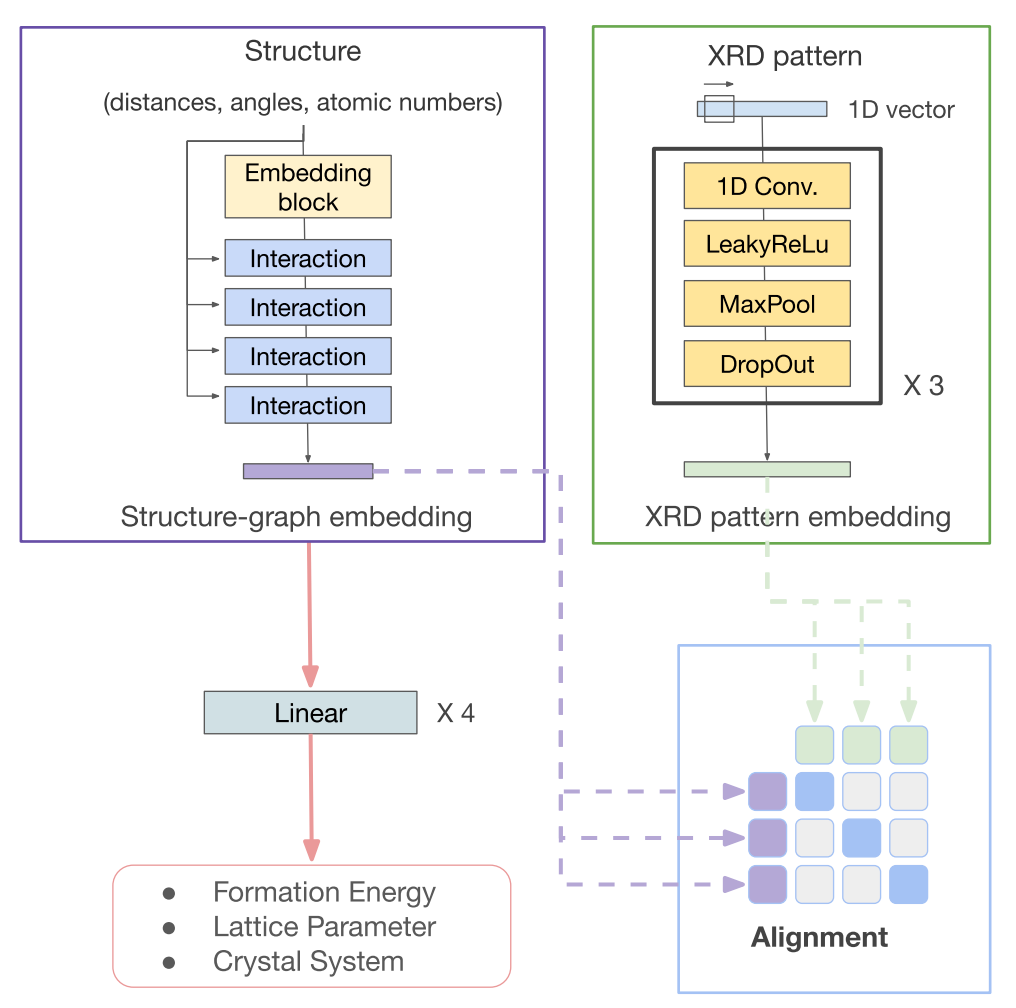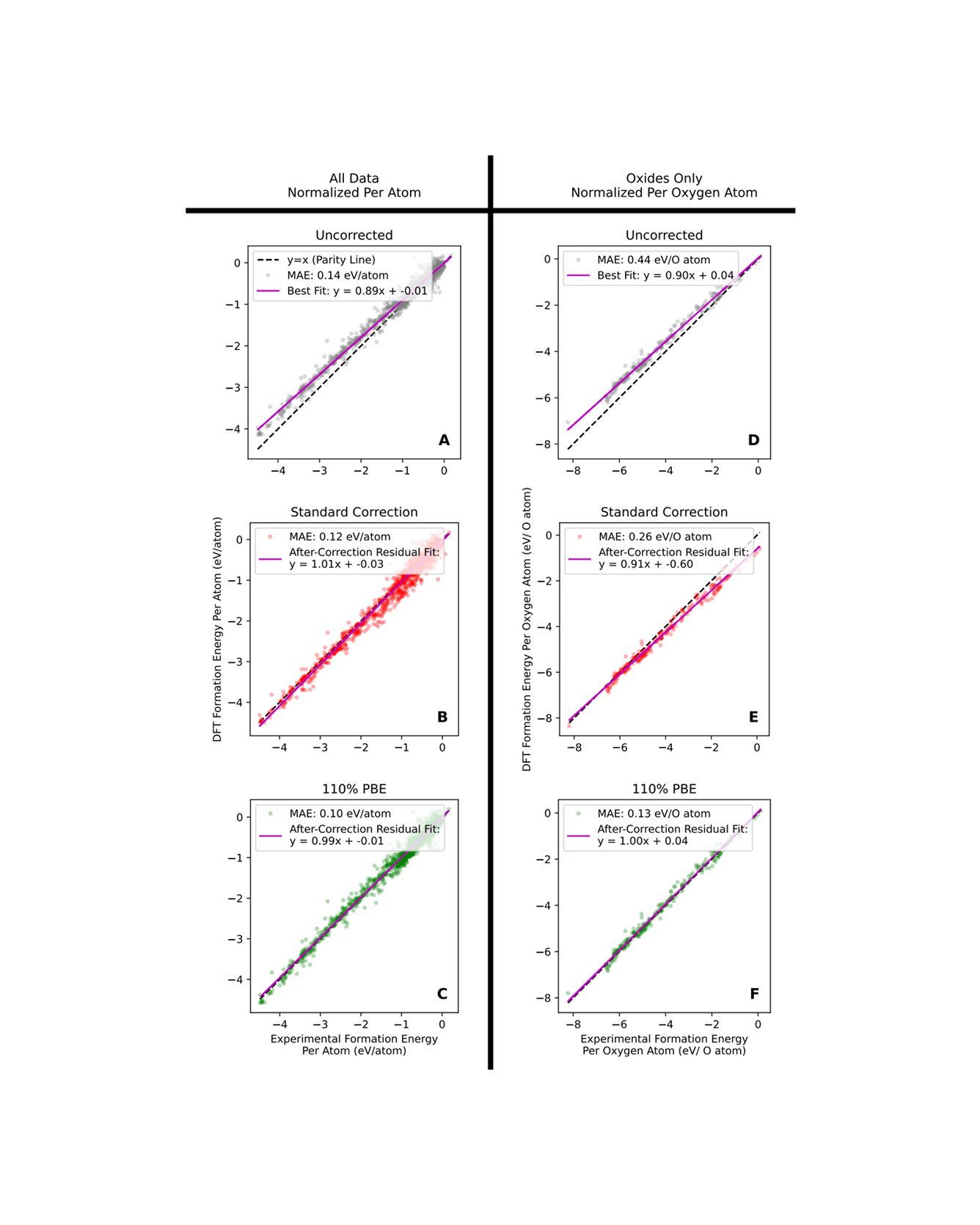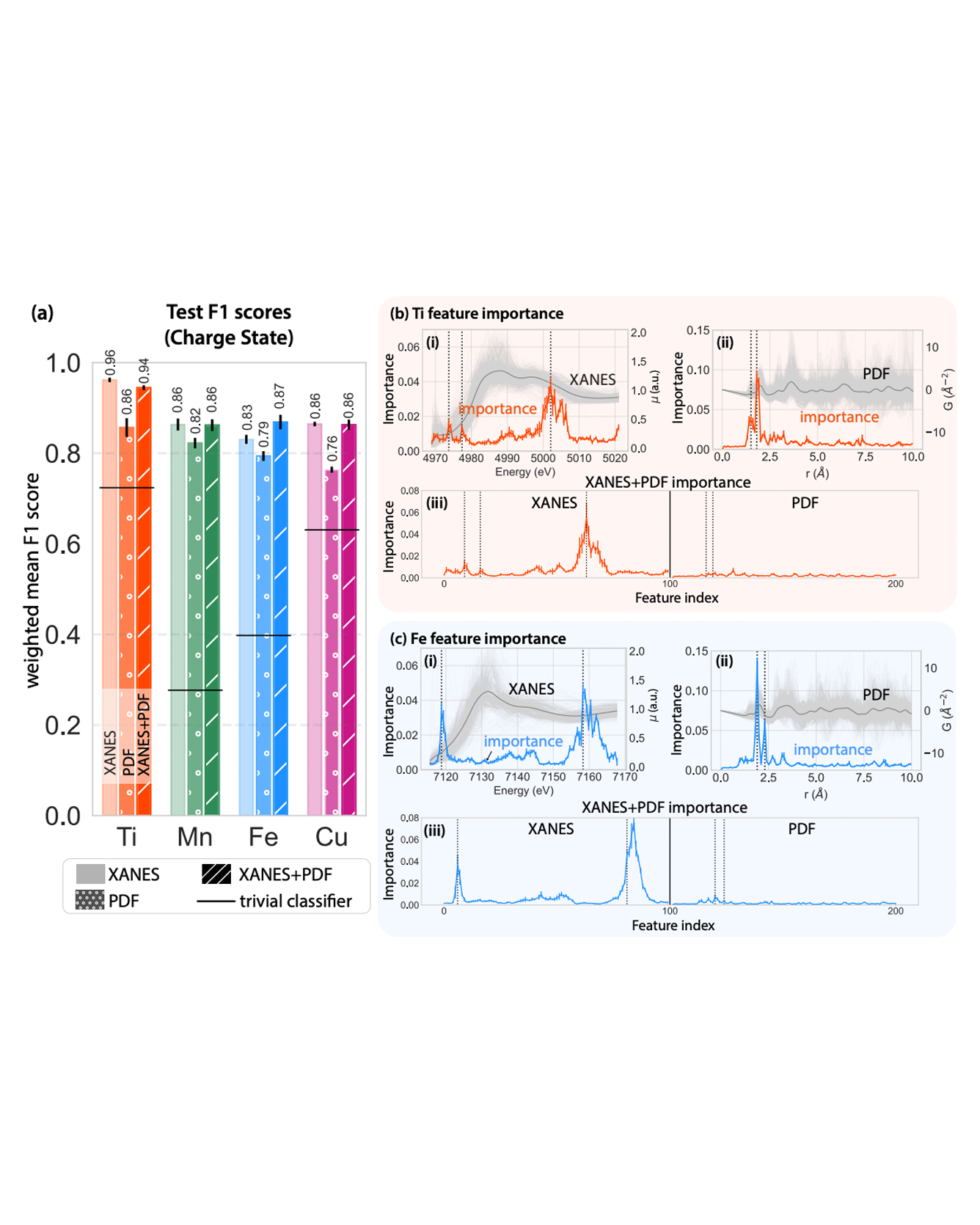
Batteries are central to modern society. They are no longer just a convenience but a critical enabler of the transition to a resilient, low-carbon economy. Battery development capabilities are provided by communities spanning materials discovery, battery chemistry and electrochemistry, cell and pack design, scale-up, manufacturing, and deployments. Despite their relative maturity, data-science practices among these diverse groups are far behind the state of the art in other fields, which have demonstrated an ability to significantly improve innovation and economic impact. The negative consequences of the present paradigm include incremental improvements but few breakthroughs, significant manufacturing uncertainties, and cascading investment risks that collectively slow deployments. The primary roadblock to a battery-data-science renaissance is the requirement for large amounts of high-quality data, which are not available in the current fragmented ecosystem. Here, we identify gaps and propose principles that enable the solution by building a robust community of data hubs with standardized practices and flexible sharing options that will seed advanced tools spanning innovation to deployment. Precedents are offered that demonstrate that both public good and immense economic gains will arise from sharing valuable battery data. The proposed Battery Data Genome looks to broadly transform innovations and revolutionize their translation from research to societal impact. READ MORE


